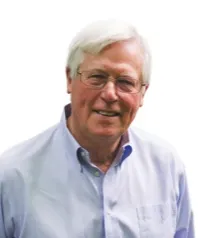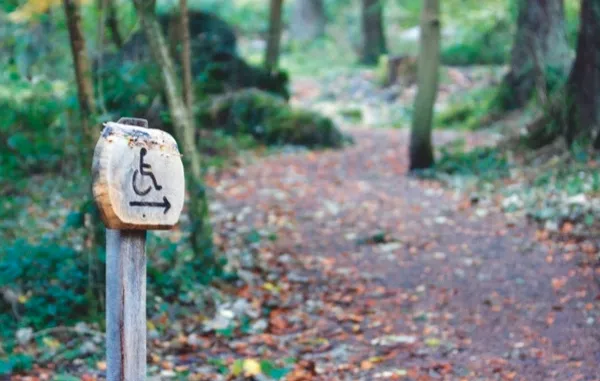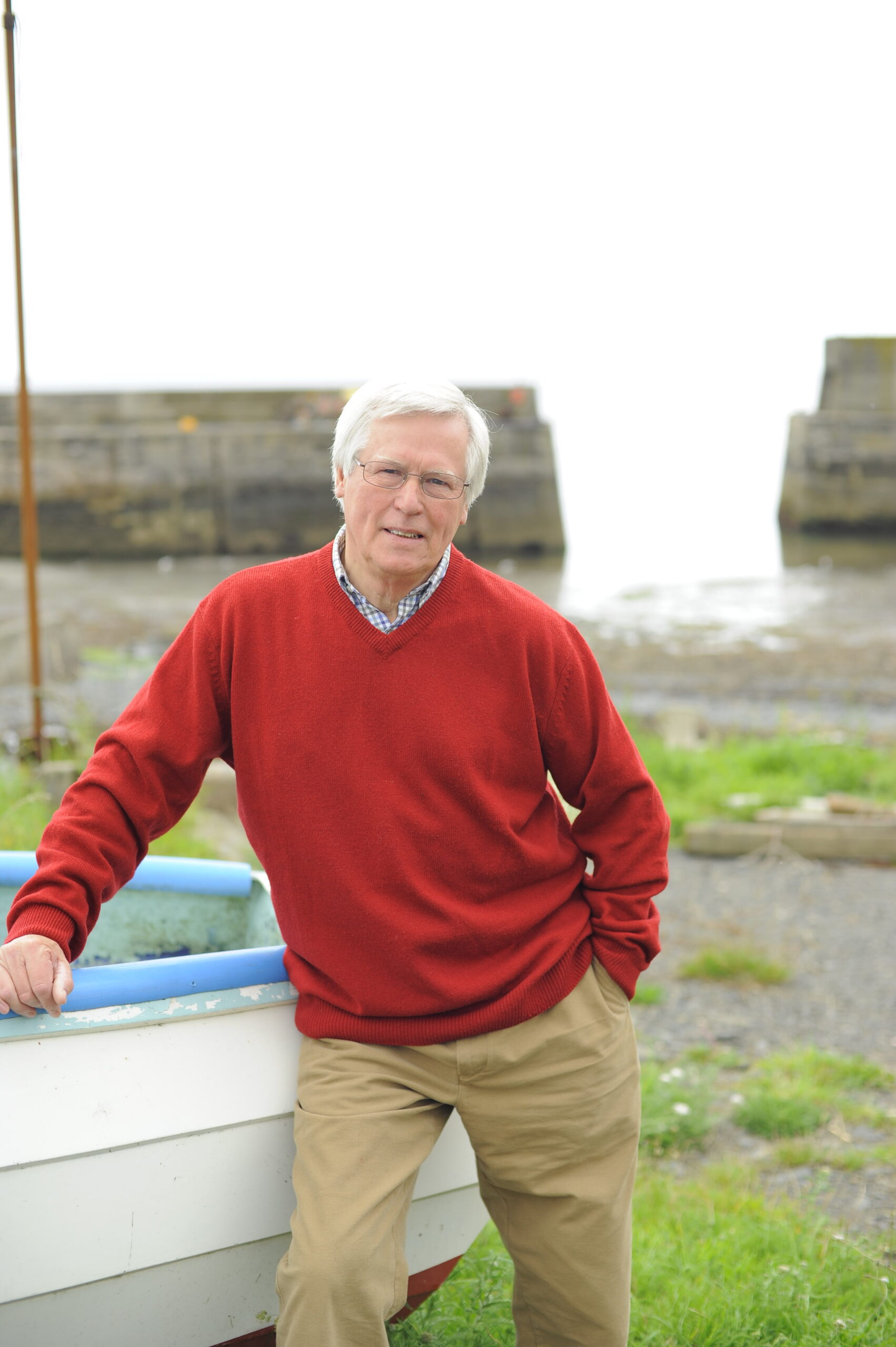
In the depths of a wood, I’m watching John McLeod cut down trees. It’s all in a day’s work for a forester, except (and it’s a big ‘except’) that John uses a wheelchair and is the first disabled person in the UK to be given a chainsaw licence.
He uses a hoist to get from his chair into his specially adapted tractor – the whole process takes less than two minutes – and from there he operates a crane that lifts tree trunks on to a trailer. After losing the use of his legs in a road accident, John refused to give up his outdoor life and, against all odds, set up his own logging business in County Durham.
“Sometimes, when I’m looking for new work, I can see people thinking: ‘How’s he going to manage from that wheelchair?’” he told me. “But the disability doesn’t mean anything to me. I’ve proved I’m up to the job and there’s always someone on hand to help if the wheelchair gets stuck or gates need opening. Rural areas have more than their fair share of bad injuries, but life doesn’t stop there and I’m proof of that.”
Seeing John in action, casually tossing aside his physical problems, is truly inspirational and perfectly illustrates the affirmation that, with determination and help, that most challenging of places, the British countryside, need not be an obstacle to people with disabilities.

But on the royal edition of Countryfile, guest-edited by Prince Charles, the Paralympian star Hannah Cockcroft showed me that even on a country park track designed with wheelchairs in mind there are snags such as steps, boggy spots and fences hiding the view. ‘Hurricane Hannah’, who won two gold medals in her racing chair at London 2012, told me: “We have to accept that some areas are simply out of bounds if you’re disabled and no one wants the countryside to be concreted over with paths. But many places could do better.”
Her view is echoed by Andy Johnson, director of the Fieldfare Trust, which campaigns for disabled access. “It’s been improving over the past 20 years but still a long way off what it could be. If, like the Paralympics, we were handing out medals, it wouldn’t even be on the podium.
“I took a group of disabled people, including two wheelchair users, across the moors in Cornwall and the hardest part was getting over the stile in the car park. I love stiles but the sooner there’s a museum for them the better! Why shouldn’t everyone be considered when it comes to installing gates, toilets
and pathways?”
Tough decisions
There are 11 million people in the UK with a limiting long term illness, impairment or disability, yet it is widely believed that less than one percent of countryside access is available to people of all abilities. “There’s no reason to think that’s not true, “says Andy. “The Equalities Act of 2010 requires landowners
to do the best they can about disabled access with the resources they have. So that means tough decisions and compromises.”
With people such as John McLeod and Hannah Cockcroft leading the way, and with the new national awareness about impairment created by the triumph of our Paralympians, it’s high time as much of our countryside as possible was truly open to everyone, for both work and leisure.

